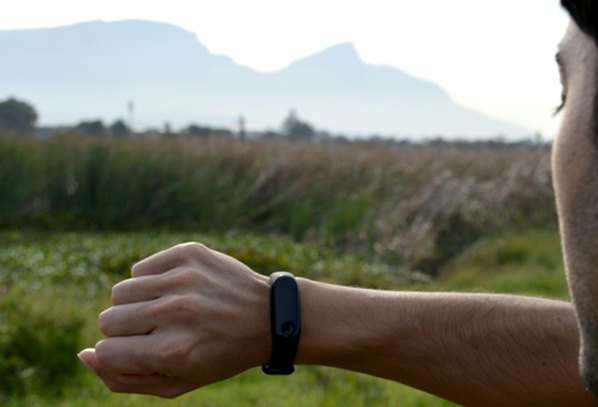
Digital tools are rapidly transforming how patients engage with their care and how providers deliver medical services.
These tools are re-chiseling the very structure of the patient experience. They deliver enhanced communication, empower patients with information, and improve access and efficiency.
The integration of digital technologies within the healthcare sector is moving the patient from a passive recipient of healthcare to an actively engaged, informed partner in their well-being.
In this article, we’ll go over how digital tools improve patient experiences in healthcare. There are many benefits, from communication enhancement to efficiency and access improvements.
Defining the Digital Healthcare Landscape
Technologies designed to facilitate the medical office system and care delivery are at the core of the digital healthcare landscape. Basically, if you want to have a top-tier practice, you need to invest in the right tech.
This includes electronic health records (EHRs), telehealth, mHealth (mobile health) applications, and wearable devices. These tools store and relay medical information. They also enable a dynamic and continuous exchange of data between patients and providers.
The digital paradigm shift is fuelled by a need for accessibility, affordability, and quality in patient care. It is also a response to the ubiquity of technology in our daily lives.
Enhancing Patient Engagement and Communication
One of the biggest impacts of digital tools in healthcare gained a lot of traction during the pandemic. We’re talking about telemedicine. It’s a tool designed to improve engagement and communication between patients and providers.
Video conferencing and mobile technology allow patients to access their healthcare providers from their homes. This cuts down on wait times in medical facilities and mitigates exposure of disease to medical personnel and other patients.
Chatbots and virtual health assistants are also playing their part in the communication frontier. They provide timely information, route inquiries, and even perform initial assessments.
These automated processes ease the burden on provider call centers and streamline the patient’s path to care.
Patient portals allow patients to view their medical records, schedule appointments, and communicate securely with their providers. The direct line of communication incentivizes a collaborative relationship. Patients are becoming more involved in managing their health.
Empowering Patients with Information
Digital tools, such as health applications and wearable technology, act as conduits for helping patients acquire knowledge. Health apps range from general health diaries to applications that assist with medication adherence or mental wellness.
Wearable tech, like fitness trackers and smartwatches, serves as a platform for data collection and encourages individuals to be proactive about their health. They provide real-time feedback, turning personal health into an ongoing dialogue.
The digitization of educational resources further expands the reach of health information to a broader audience. Patients can access extensive information libraries tailored to their specific conditions or concerns with just a few clicks.
Improving Healthcare Access and Efficiency
Telemedicine can be a game-changer for patients in rural areas, those with limited mobility, or individuals facing time constraints. It provides access to specialists and services that may not be locally available while reducing the need for in-person visits for routine check-ups.
Appointment scheduling systems are becoming more sophisticated. They’re incorporating patient preferences with provider availability to reduce wait times.
Electronic prescriptions streamline the medication process, enhancing safety and minimizing errors. Additionally, digital tools can automate administrative tasks, freeing up staff to focus on patient care.
Digital Tools Are Making Healthcare Better for Everyone
Integrating digital tools into healthcare represents a seismic shift in how patient care is delivered and received. This post covered just a few of the high-tech resources currently being used.
Digital health technologies are refining the patient experience and propelling the entire healthcare industry into a more accessible, efficient, and patient-centered future.
As we continue to navigate the complexities of healthcare in the 21st century, the strategic implementation of digital tools will continue shaping a more responsive and effective healthcare system.




